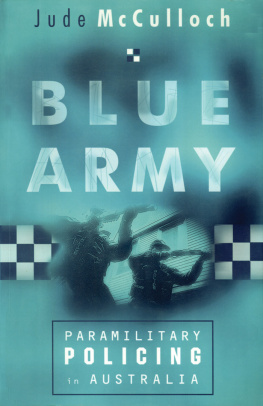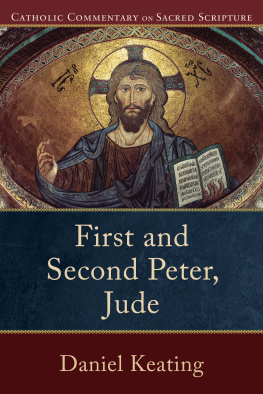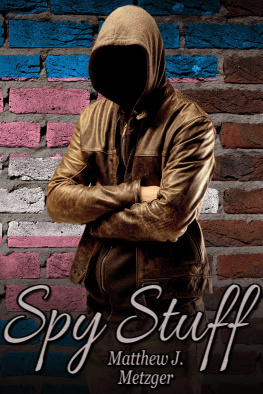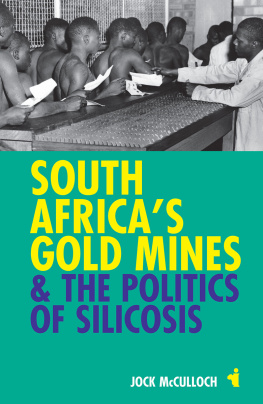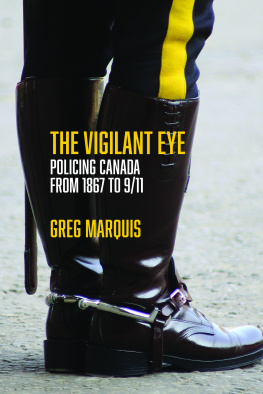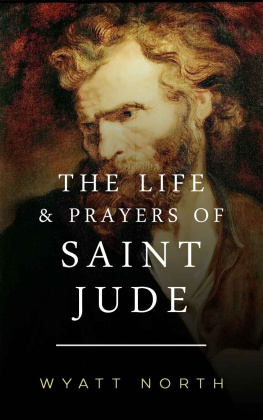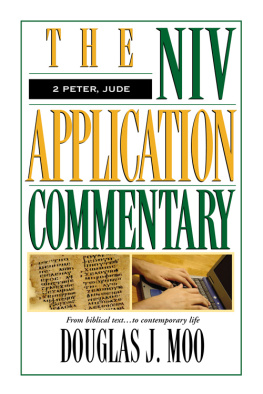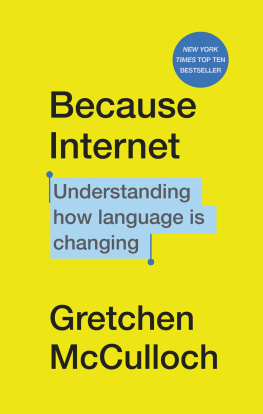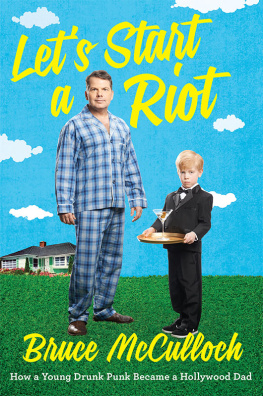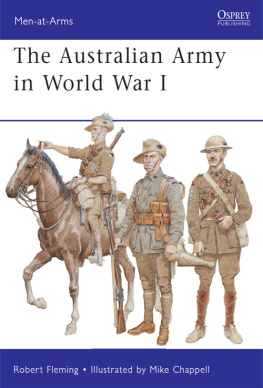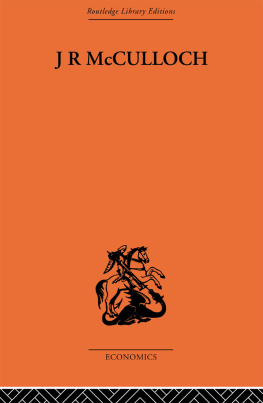Acknowledgements
M ANY PEOPLE FIND research and writing isolating. Fortunately I have been surrounded by people who have generously shared their ideas and work. This book simply would not have been possible without a whole range of relationships.
It is difficult to access documents and information about the paramilitary counter-terrorist squads. My practice as a lawyer in community legal centres and experience as a activist has provided me with sources of information that otherwise would not have been available. Because I have been identified through public statements and the like as a critic of various police practices, particularly police shootings, an astounding number of people have gone out of their way to speak to me about their firsthand experiences. Hearing people recount their experiences has made me determined to convey, wherever possible, how paramilitary policing affects individuals; how it makes them feel. In general, the stories I heard in the course of my work as a lawyer are not included because they were told to me in confidence. However, on the long journey to publication these accounts were critical in providing the emotional and intellectual fuel that kept me on track and asking the right questions. I am greatly indebted to all those who shared their experiences with me.
Joan Coxsedge, a former Member of the Victorian Parliament, passed on copies of documents from her archive of materials collected through membership of the Victorian Labor Partys Civil Rights and Law Reform Policy Committee in the 1980s. Journalist Frank McGuire, who won a Walkley Award for his coverage of police shootings, also provided valuable information and documents not previously in the public domain.
My heartfelt thanks to community legal centre staff and management committees, particularly Flemington/Kensington Community Legal Centre and Western Suburbs Legal Service, where courageous decisions were made to pursue information on police shootings, tactics and weapons in the face of formidable obstaclesincluding a chronic lack of resources, precarious funding, and sometimes ferocious public criticism. Genevieve Nhill, Fay Spear, Leanne Abdallah, Elizabeth Houghton and the late Lyn Militano shared all the ups and downs of the police shootings campaign in the early 1990s. The thousands of pages of transcripts and findings from the various Coronial Inquests into police shootings over the past twenty years are a major source of information in what follows. In the mid-1990s the Western Suburbs Legal Service decided to pursue controversial Freedom of Information requests about specialist police squads, including the Special Operations Group, when it seemed like the best way to maintain vital but grossly inadequate government funding was to avoid controversy of all types. Thanks to the staff and management committee who supported the persuit of the request. The information obtained as a result of the request and related legal proceedings was crucial in shedding light on the otherwise hidden role of the Special Operations Group.
Thanks to Amanda George for her friendship and inspiration over many years. She first planted the notion that I could and should write a book on policing. Damien Lawson provided many important insights and lots of irreverent comment which made me take things seriously. Rob White read the manuscript and was encouraging and critical in just the right proportions.
Thanks also to Marcus Clayton at Slater & Gordon; Malcolm Feiner at the Office of Corrections Resource Centre; the Police Issues Group of the Federation of Community Legal Centres; Pauline Spencer and Sam Biondo at Fitzroy Legal Service; Darren Palmer from Police Studies at Deakin University; Singh and Catherine Gow from the Deaths in Custody Watch Committee; Daniel from Cop Watch; Jim Mellor and Justice Action in New South Wales; Annie Delaney from the Textile Clothing and Footwear Union; Ellen Kleimaker, Access & Equity Officer at Trades Hall; Trish Luker; Sharon Jones; Chris Richards; Margaret Augennos; John Coteridge; Toby Borgeest; Wallace Scott; Dyson Hore-Lacey QC; and Ian Freckelton.
Thanks to Deakin University for providing me with the time and resources to complete this book, and to Wallace Scott whose generous financial support made publications possible.
Thanks to the staff at Melbourne University Press, particularly Jean Dunn, Teresa Pitt and Margot Jones, who skilfully smoothed the path to publication. I am grateful to my editor, Sally Nicholls, who greatly improved the manuscript.
Thanks to my father Ray McCulloch for all the crime fiction; to my mother Nan McCulloch for demonstrating that you can achieve a lot by doing a little bit over a long time; to my brother Malcolm for keeping me up to date with policing news from England; to my brother Lachlan for support through difficult times; and to Auntie Eve for coming up with the title.
A special thanks to Mark Minchinton who encouraged me and provided huge quantities of intellectual, emotional and practical support. Last, but not least, thanks to Otis McCulloch who, like this book, has driven me crazy and kept me amused for years on end.

